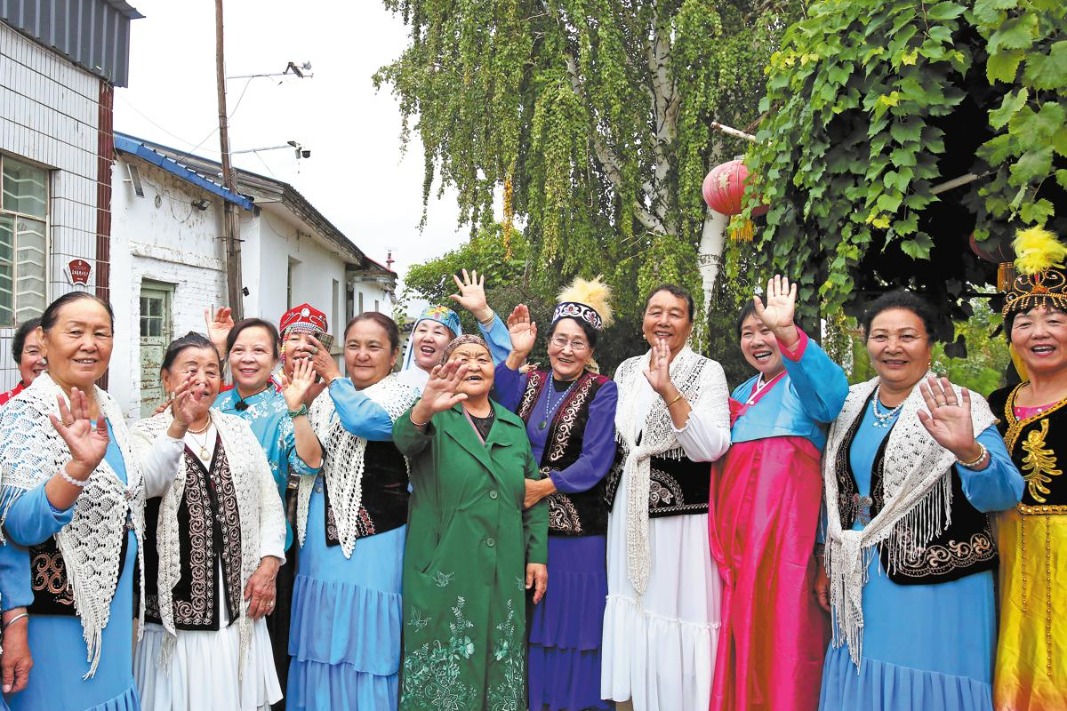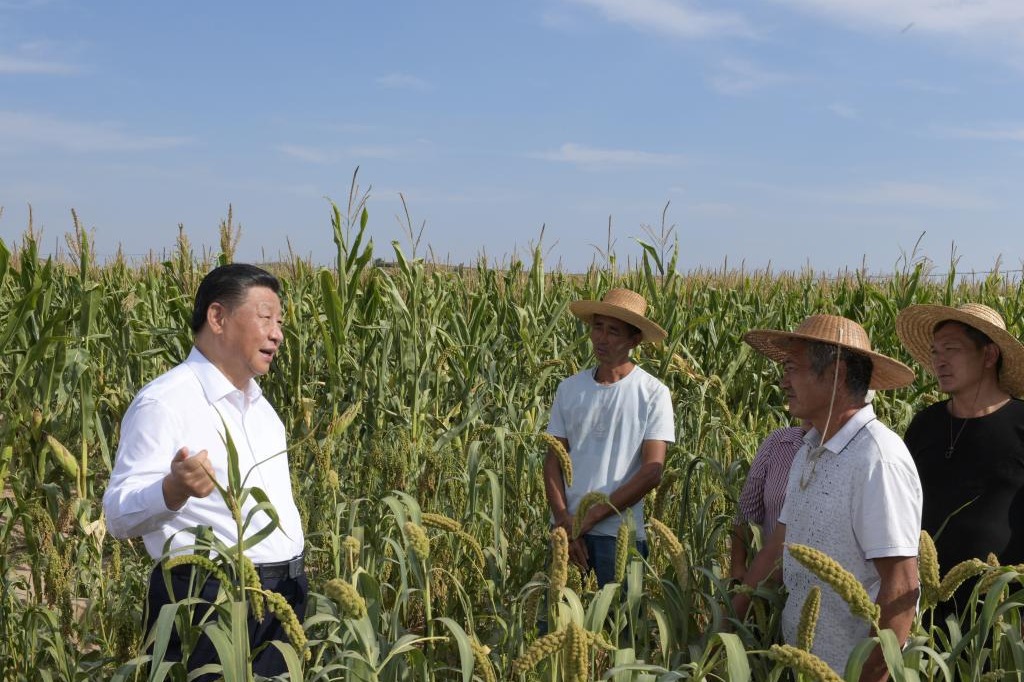Can water security in Asia be ensured?


The main theme of the 3rd Asia International Water Week, being held in Beijing from Tuesday to Saturday, is enhancing water security in Asia. As the lead organizer of the meeting, the Institute of Water Resources and Hydropower Research of the Ministry of Water Resources of China, a leading global institute for water-related research, has taken a timely step toward securing water resources in the region.
If one picks a newspaper on any day in any Asian city, there is likely to be at least one report on water-related issues, either on too much or too little water, unreliable availability of water, water quality-related issues, or socioeconomic and political institutions or environmental implications. Global warming has made water management increasingly more complex and a problem very difficult to solve.
Both among water professionals and in the media there are often extensive discussions on national and international water crises. However, all water problems and their solutions are local. There may be a few common aspects but the contexts of and solutions to the water problems differ from one country to another. In large and medium-sized countries, water problems and their solutions often differ from one part of the country to another. It is the context that dictates the correct solutions.
Take China for example. The water problems faced by Beijing and their solutions are likely to be different from those faced by the Inner Mongolia autonomous region for numerous reasons, including the levels and structures of population, urbanization, hydro-climatic conditions, financial and institutional capacities, historical water management practices, and cultural and social backgrounds. Accordingly, solutions that may work very well in one part of China, may not work in other parts of the country.
Some three to four decades ago, water professionals realized that in terms of solutions, one size does not fit all. Even then, many institutions, both national and international, are still proposing universal solutions to water problems, irrespective of the contexts of the problems. Not surprisingly, these universal solutions have been, for the most part, failures.
The water problems of each Asian country, or different parts of one country, are specific to it, and cannot be generalized into one set of conditions where one universal solution would be applicable. Consider Japan and the Republic of Korea. An important water-related issue for them is their steadily declining populations in recent decades, due to which these two countries are trying to find ways to downsize their water utilities, especially in medium-sized urban centers.
Throughout recorded history, water utilities had to expand progressively as a country's population increased. Business models were developed to provide increasing water supply for an increasing number of users.
In contrast, in Asian countries such as Bangladesh, Brunei, India, Indonesia and Malaysia, the populations are steadily increasing. And in the absence of proper demand management policies, water requirements for all purposes are going up.
Therefore, the water problems of Japan and the ROK and their solutions have to be very different from those of Bangladesh, India or Indonesia. As we enter the second quarter of the 21st century, there cannot be a universal solution to the water problems faced by different Asian countries.
In this context, China's water management policies and practices in the post-2000 period have undergone a remarkable change up to about 2000, China's water management was similar to those of most other developing countries in Asia.
However, developments since 2000 have radically improved China's water management practices. For example, in the post-2000 period, China's top policy- and decision-makers, unlike those of many other developing (and some developed) countries, have consistently focused on addressing water-related issues.
President Xi Jinping has been consistently highlighting the importance of water- and environment-related issues and ways to address them. This interest can be seen in the book, Water Governance in China — Perspectives of Xi Jinping, published by the Ministry of Water Resources earlier this year.
An important aspect of President Xi's thinking is that the development policies and solutions should have unique Chinese characteristics. This includes water problems and their solutions. Water management practices must be ideally suited to China's culture, real conditions and development requirements. Among the many new water management practices China has formulated and implemented in recent years are sponge cities, river chiefs, digital twins, revitalization of China's "mother rivers", and improving water quality.
As a direct result of consistent high-level political interest in water, China's management practices have radically improved over the past two decades. Consequently, the country has improved its water management practices from being similar to an average developing country to becoming one of the most innovative and effective in the world.
The 3rd Asia International Water Week provides its participants from other Asian countries with an opportunity to reflect upon why China's water management has significantly improved over the past two decades. Asia's water problems are solvable, provided two important conditions are fulfilled. First, water issues must receive strong and consistent attention from national leaders. Second, each country must develop solutions that reflect its national characteristics. If Asian countries can meet these two conditions, they can address their respective water problems in the next two decades.
Asit K. Biswas is a distinguished visiting professor at the University of Glasgow, United Kingdom, director of Water Management International, Singapore, and chief executive of Third World Centre for Water Management, Mexico; and Cecilia Tortajada is a professor in practice at the School of Social and Environmental Sustainability, University of Glasgow, UK.
The views don't necessarily reflect those of China Daily.
If you have a specific expertise, or would like to share your thought about our stories, then send us your writings at opinion@chinadaily.com.cn, and comment@chinadaily.com.cn.


































